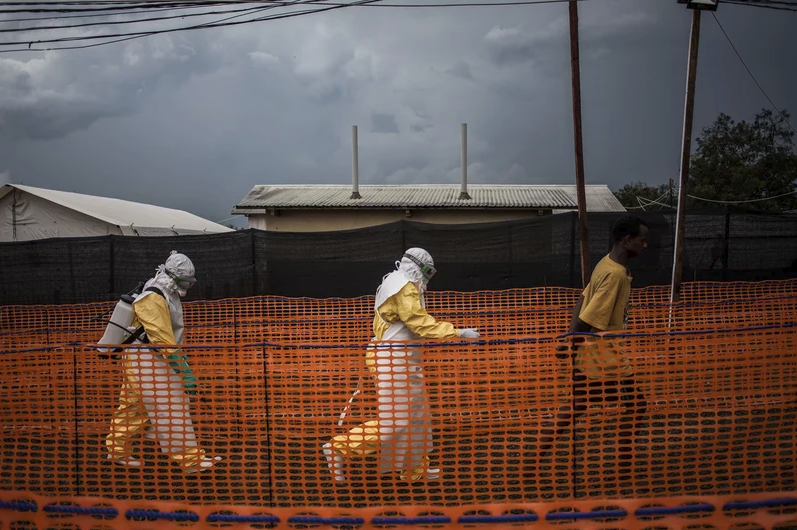
WHO holds IHR Emergency Committee meeting on Ebola

The World Health Organisation Director-General Dr Tedros Adhanom Ghebreyesus on Friday opened the meeting of the International Health Regulations Emergency Committee on Ebola where a review and recommendations regarding the outbreak are to be made.
The Emergency Committee is made up of international experts who provide technical advice to the WHO Director-General in the context of a public health emergency of international concern.
The meeting comes in the wake of the first confirmed cases of the Ebola virus in Uganda which neighbours the Democratic Republic of Congo. The DR Congo is currently experiencing the second worst Ebola outbreak in history recording a total of 1,384 deaths so far.
The WHO says the Committee’s advice will be made public later on Friday.
Uganda is one of nine high-risk countries neighbouring the Democratic Republic of Congo.
A five-year-old boy and his 50-year-old woman, who had crossed from Congo to Uganda earlier this week and sought treatment, died from the virus.
According to Uganda’s health ministry, the dead boy’s father, mother, 3-year-old brother and their 6-month-old baby, along with the family’s maid, were all repatriated back to the DR Congo.
The 3-year-old has been confirmed to be infected with Ebola. His 23-year-old Ugandan father has displayed symptoms but tested negative, Ugandan authorities said.
The government at the same time banned public gatherings in the Kasese district where the family crossed the border.
Uganda has already vaccinated many frontline health workers and previously said it was relatively well prepared to contain the virus.
However, in the DR Congo efforts to tackle the crisis have been hampered both by militia attacks on treatment centres, in which some staff have been killed, and by the hostility of some local people to the medical teams.






